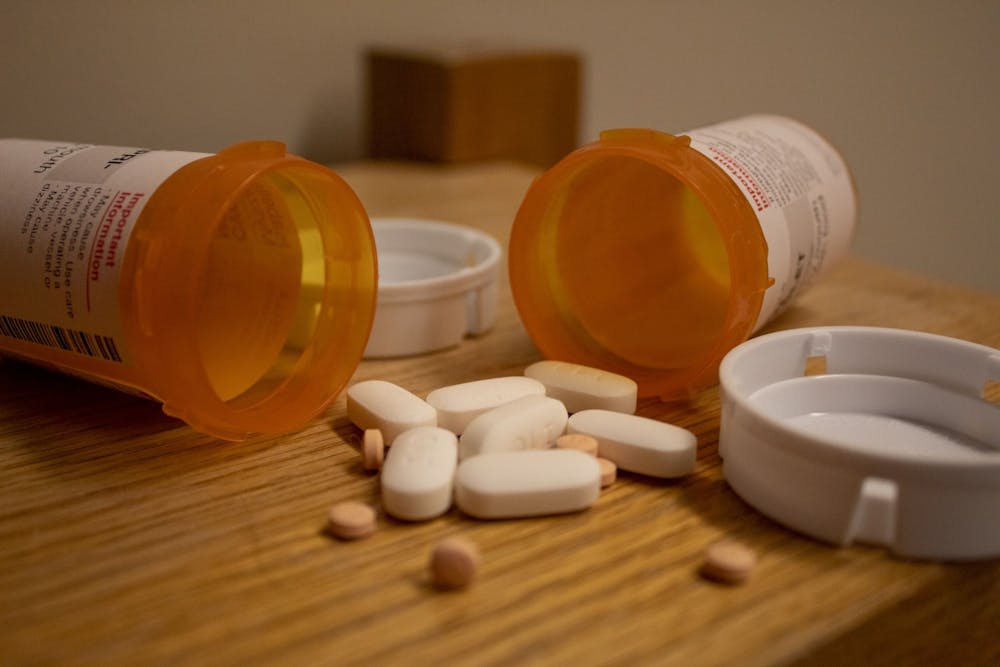The Indiana Family and Social Services Administration announced last week it would award Indiana $19 million under the National Opioid Settlement, which will go to 30 local governments, service providers and organizations across the state. The funds will be used to support prevention, treatment and recovery services.
According to medical research organization KFF, in Indiana there were 2,206 opioid related deaths in 2021. The funding provided from the National Opioid Settlement will help prevent opioid use and provide treatment to current users.
The recent allocation is the second funding installment from the settlement, the first being awarded in 2022. Over the next 18 years, Indiana will accumulate a total of $507 million from this settlement, according to the Indiana Capital Chronicle.
[Related: IU's Indiana Alcohol Research Center renews NIH grant]
“While the state has a role to play in the fight against the drug epidemic, real change happens at the local level,” Douglas Huntsinger, Indiana executive director for drug prevention, treatment and enforcement, said in a press release.
As part of this settlement, three pharmaceutical distributors — McKesson, Cardinal Health and AmerisourceBergen — have agreed to pay up to $21 billion nationwide over the next 18 years, according to the National Opioid Settlement. Pharmaceutical manufacturer Janssen Pharmaceuticals Inc., owned by healthcare manufacturer Johnson & Johnson, has also agreed to pay up to $5 billion within the next nine years. Johnson & Johnson has committed to cease marketing and selling opioids for the next ten years.
[Related: IU biology professor Jay Lennon receives Humboldt Research Award]
“Currently too many Hoosiers experiencing a mental health crisis end up in emergency departments or county jails,” Jay Chaudhary, director of the Indiana Family and Social Services Administration Division of Mental Health and Addiction, said in the press release. “These grants will help bridge gaps and offer a therapeutic and compassionate alternative pathway for individuals and communities in crisis.”
According to the National Institute on Drug Abuse, opioid use is rarely treated during incarceration and will likely continue after an inmate’s release. To prevent this cycle from continuing, the State of Indiana is investing in strengthening its “No Wrong Door” approach to mental health and drug use help. This approach will provide care for those who are experiencing a mental health crisis, regardless of history with mental health and ability to pay.




